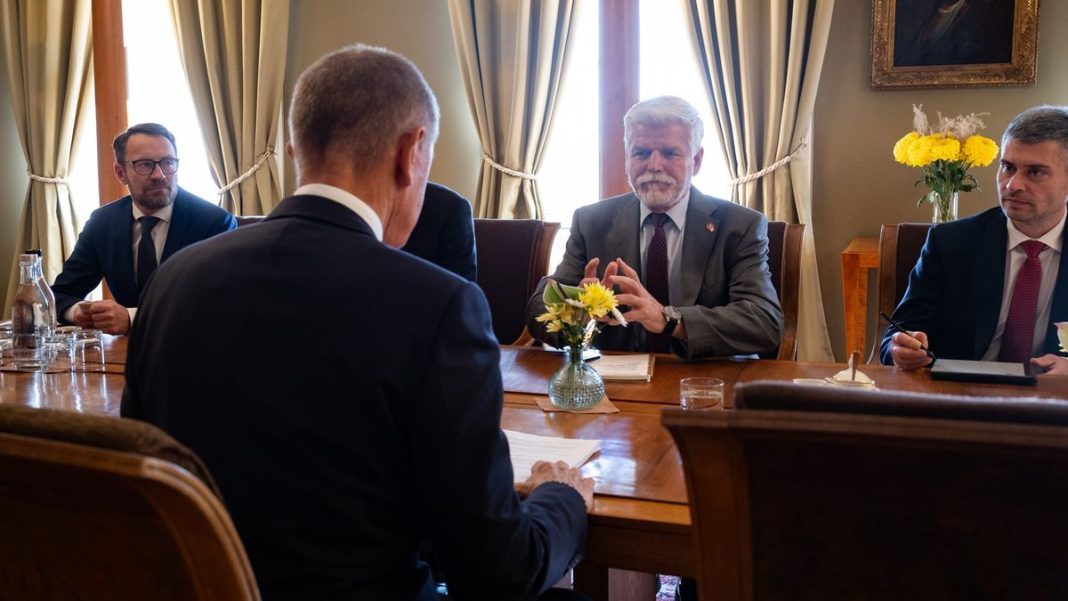The newly formed coalition in Prague has firmly decided to stick to its policy statement, despite a recent appeal from the President. The coalition’s unwavering stance highlights its commitment to the initial agreements made when coming into power.
Coalition’s Composed Response to the President

In recent developments, the newly established coalition in Prague has chosen not to amend its policy statement, even after a direct appeal from President Petr Pavel. The coalition, composed of multiple parties, had agreed upon a common policy framework when it was formed. This decision underscores their ongoing commitment to the original policy vision, focusing on stability and continuity in governance.
President Pavel, known for his diplomatic approach, called for a review of certain aspects in the policy statement, suggesting potential adjustments to better align with evolving national and international conditions. However, coalition leaders have expressed their confidence in the current policy direction, emphasizing prior discussions and consensus that led to its formulation.
Public and Political Reactions

The static approach adopted by the coalition has met with a mixed reception from the public and various political analysts. Some praise the coalition’s steadfastness, viewing it as a sign of political integrity and resolve. Others, however, express concerns over potential inflexibility, suggesting that openness to re-evaluation might allow for more adaptive governance.
A few prominent political commentators have pointed out that maintaining the original policy could bolster the coalition’s momentum by reducing internal disagreements. Yet, the opposition argues that responsiveness to presidential counsel should be a foundational aspect of modern governance, especially given the rapidly changing socio-economic landscape.
The Role of Coalition Politics in Governance

Prague’s coalition government operates under a framework designed to facilitate cooperation between diverse political ideologies. This balanced convergence of ideas and strategies is aimed at providing robust governance and ensuring that wide-ranging interests are represented. With this recent decision, the coalition members are reaffirming their commitment to their foundational agreements, placing a strong emphasis on unity.
Such coalition dynamics, while potentially limiting immediate policy adaptability, can contribute to enhanced stability in governmental operations. The coalition’s choice reflects an adherence to long-term objectives over short-term adjustments, which some argue may cultivate public confidence in sustained leadership.
Looking Ahead: Implications for Policy

The decision to maintain the current policy statement may have significant implications for Prague’s legislative agenda. As the coalition continues its course, observers and stakeholders may keep a close watch on how effectively this decision translates into tangible policy outcomes, especially concerning economic growth, infrastructural development, and social policies.
Future interactions between the coalition and the presidency will be pivotal in shaping Prague’s political landscape. While this decision exhibits a degree of independence from presidential influence, ongoing dialogue and collaboration remain essential to navigate complex political and social challenges.
Overall, the coalition’s steadfastness suggests a clear pathway forward, albeit one not without potential challenges and criticisms. As Prague progresses, balancing unity and responsiveness will continue to be key themes defining its governance.





